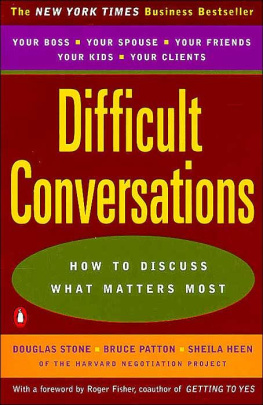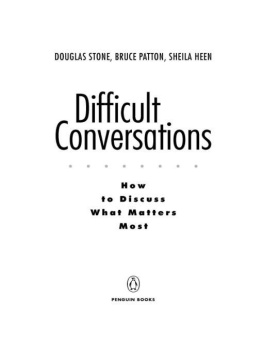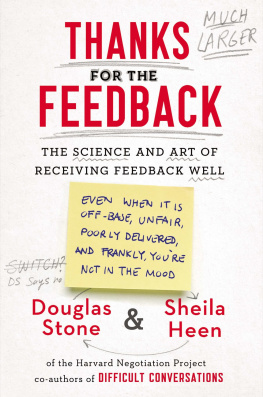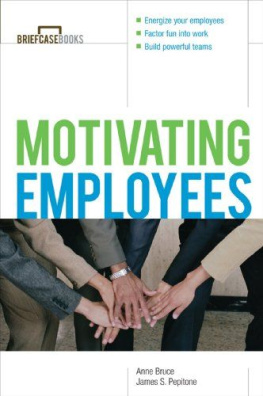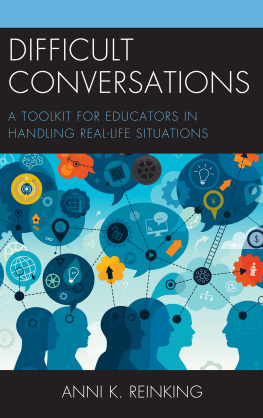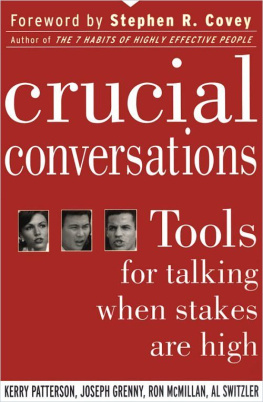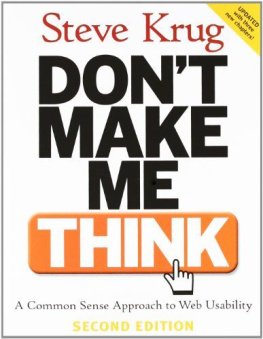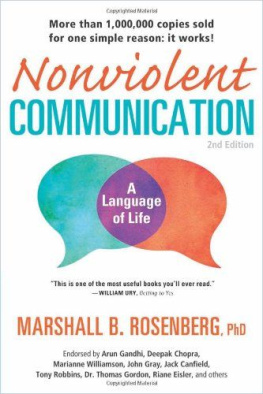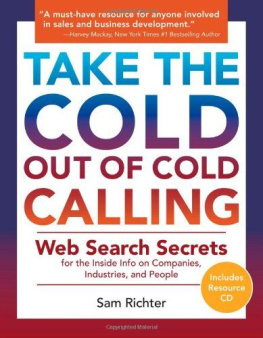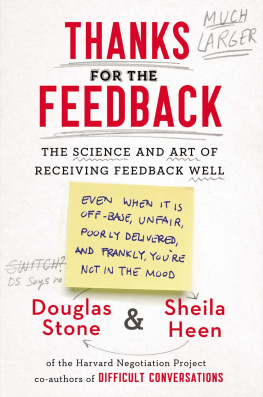You will face difficult conversations throughout your life, but now you can learn how to cope with them. This book provides a framework and various strategies for achieving better outcomes from hard exchanges. Douglas Stone, Bruce Patton and Sheila Heen use principles, illustrative stories and charts to teach you how to understand the components of challenging conversations, and how to prepare for them and transform them into something constructive. The language of the book is clear, insightful, concise and always helpful. You can use these principles in business, but the stories also concern relationships in your everyday life. getAbstract says everyone from teenagers to mature adults can use the communication skills discussed in this wise book.
Summary
The Three Conversations
Do you ever avoid certain people because you dont want to have a conversation that you need to have? As you imagine how the conversation might play out, do you feel queasy and apprehensive? This is a normal reaction, but avoiding difficult conversations is not the solution. In fact, often it will make things worse. Yet, experience tells you that having the conversation will create a very uncomfortable situation. You wrestle with different approaches and look for just the right diplomatic language to avoid a confrontation.
Disagreement is not a bad thing, nor does it necessarily lead to a difficult conversation. We disagree with people all the time, and often no one cares very much.
However, certain methods can help you deal with this circumstance. Every conversation has a three-part structure, even if the participants dont realize that such an underlying framework exists. The structure is built on conversations within the conversation. Understanding these internal conversations can help you avoid the pain of letting difficult talks run their usual course.
Our initial purpose for having a difficult conversation is often to prove a point, to give a piece of our mind, or to get others to do what we want. In other words, to deliver a message.
The first part of a conversation is What Happened? This section, which is about assigning blame and fault, and asserting dominance, can lead to struggles and bad feelings.
The second part is about Feelings. Whose feelings are appropriate? Do you have a right to your feelings? Do other people have a right to theirs? Often, the conversation does not specifically address the participants feelings, but these emotions inform it, and determine its intensity and course.
When disagreement occurs, arguing may seem natural, even reasonable. But its not helpful.
The third part is about Identity, which is internal to each person. Are you right or wrong? Are you to blame? Do you deserve love?
If the conversation threatens your sense of self, shifting your stance to try to regain your balance is natural, even if it does not help the outcome of the conversation.
The Complete Truth?
When you experience conflict in the what happened part of a conversation, the battle is usually about whose version of the truth is actually true, who had better intentions and how to assign blame. These ideas are illogical. No one has access to the complete truth. No one can really know anothers intentions. Surmising just makes things worse.
When we jump into conversations we typically begin inside our own story. We describe the problem from our own perspective and trigger just the kinds of reactions we hope to avoid.
In this subconversation, each side is certain that the other side is the problem. Worse still, the participants are equally sure that the other sides position has no validity and must be abandoned. In reality, both sides have imperfect understandings of the issues, causes and events involved. If they stop to explore the information available, both sides can learn about the others perspective and reach an improved outcome. The key isnt necessarily to synthesize the positions, but to embrace the ideas in both. Try to change your position to a more complex stance that is closer to reality. Even when you are certain you are right, remaining open-minded is worthwhile because the conversation is generally not really about the subject you are so sure that you have nailed.
Delivering a difficult message is like throwing a hand grenade. Coated with sugar, thrown hard or soft, a hand grenade is still going to do damage.
Dont believe that you understand someone elses intentions. That is a trap. The other person often doesnt understand his or her actions either. As you reflect on the intentions you ascribe to others, can you see a touch of self-justification in your judgment? Explaining your pure motives is also a mistake. Dont assume that because the other person now understands that you meant well, the impact of your act no longer matters. You probably know what it is like to have your intentions impugned because someone is angry about the results. The fact that you did not intend your act to have a negative impact on the other person may teach you a lesson in how to treat others.
Understanding how we distort others intentions is crucial to untangling what happened between us.
When you are part of a bad situation, you soon realize how you contributed to the mess. You wish you hadnt, but you did. If you bring the wrong materials to a major presentation, blaming your assistant for packing the wrong stuff is easy, but dont you deserve some blame too for not double and triple checking everything before such an important event?
Sometimes whats difficult about the situation has more to do with whats going on inside you than whats going on between you and the other person.
Isnt your real goal to make sure that this kind of mix-up doesnt happen again? How will making others feel awful and resentful help you get it right next time? Instead, explore each persons contribution to the problem and try to determine what each of you can do to ensure a better outcome in the future. This is not easy when feelings are running high and the embarrassment is fresh, so wait until you regain control of your emotions.

